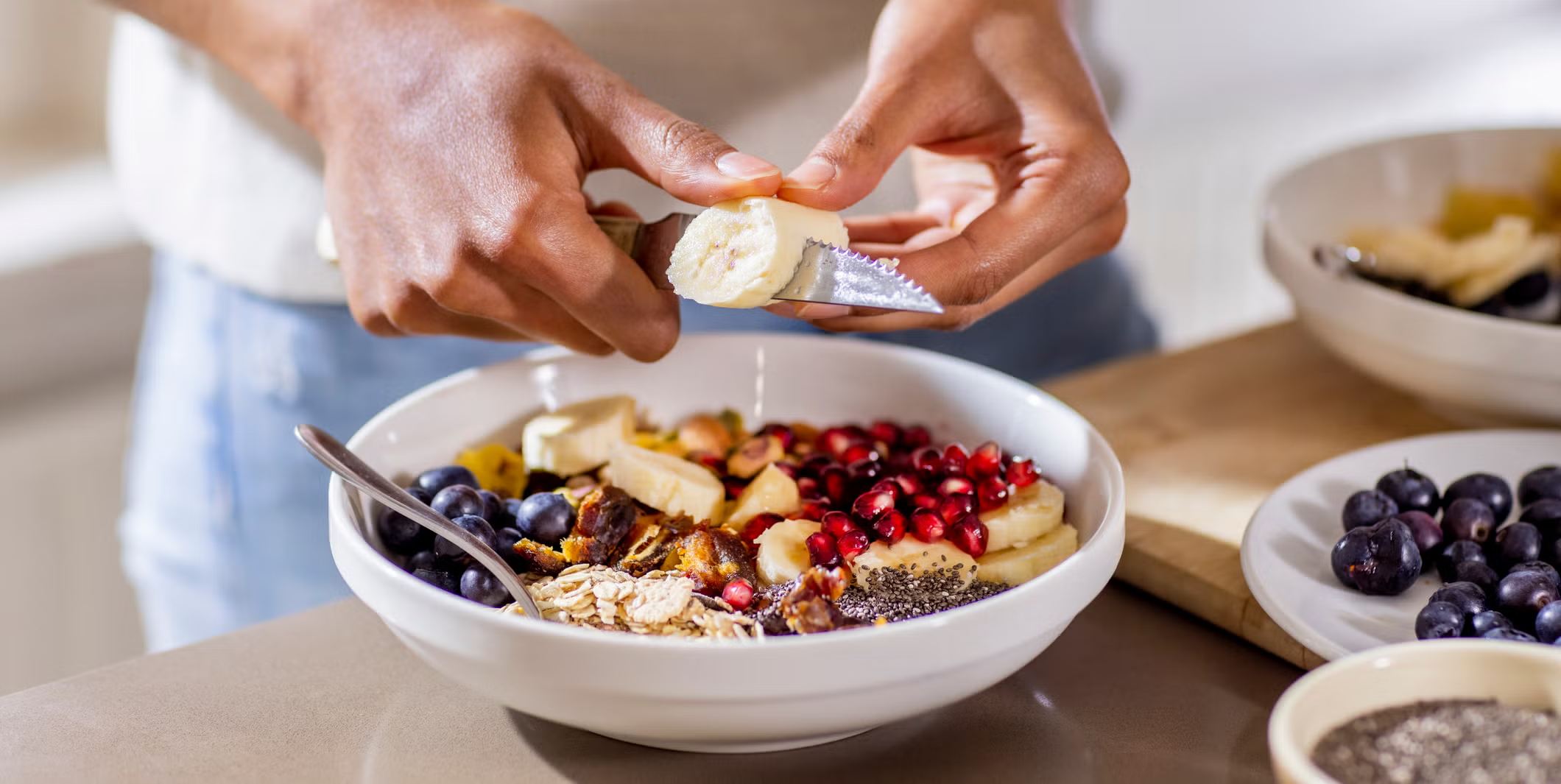Top 10 Anti-Inflammatory Foods For Everyday Health

Inflammation is the body’s natural response to injury or infection, but chronic inflammation can lead to serious health issues, including heart disease, diabetes, arthritis, and even certain cancers. Fortunately, your daily diet plays a major role in regulating inflammation. Certain foods contain compounds that help fight inflammation at the cellular level, supporting your immune system and improving overall well-being.
Here are the top 10 anti-inflammatory foods you can easily add to your everyday meals for better health and vitality.
- Berries
Berries such as blueberries, strawberries, raspberries, and blackberries are rich in antioxidants known as anthocyanins. These compounds give berries their vibrant colors and powerful anti-inflammatory effects. Regular consumption of berries has been linked to reduced markers of inflammation and improved brain and heart health. They’re an ideal addition to smoothies, oatmeal, or eaten on their own as a snack.
- Fatty Fish
Salmon, sardines, mackerel, and trout are loaded with omega-3 fatty acids — particularly EPA and DHA — which are known for their strong anti-inflammatory properties. These healthy fats reduce levels of C-reactive protein (CRP), a key marker of inflammation in the body. Consuming fatty fish two to three times a week can help lower your risk of chronic disease while supporting brain and joint function.
- Leafy Greens
Vegetables like spinach, kale, Swiss chard, and collard greens are nutrient-dense and packed with antioxidants, vitamins, and fiber. Their high content of vitamin K and polyphenols makes them particularly effective at fighting inflammation. Leafy greens can be enjoyed in salads, sautéed as a side dish, or blended into green smoothies for a powerful nutrient boost.
- Turmeric
This golden spice, widely used in Indian cuisine, contains curcumin — a compound with potent anti-inflammatory effects. Turmeric has been extensively studied for its ability to reduce inflammation in conditions like arthritis and metabolic syndrome. A little turmeric can go a long way; it can be added to curries, soups, or golden milk. For enhanced absorption, pair it with black pepper.
- Extra Virgin Olive Oil
Olive oil is a staple of the Mediterranean diet and one of the healthiest fats you can consume. Rich in monounsaturated fats and antioxidants like oleocanthal, it mimics the effect of ibuprofen in reducing inflammation. Replacing refined oils and butter with extra virgin olive oil in your cooking can provide long-term cardiovascular benefits.
- Tomatoes
Tomatoes are an excellent source of lycopene, an antioxidant with strong anti-inflammatory properties. Cooking tomatoes, especially with olive oil, increases lycopene absorption, making dishes like tomato sauce and roasted tomatoes both delicious and beneficial. They also contain vitamin C and potassium, contributing to overall immune health.
- Nuts
Almonds, walnuts, and pistachios are rich in healthy fats, fiber, and antioxidants that help combat inflammation. Walnuts, in particular, provide a plant-based source of omega-3 fatty acids. Snacking on a handful of nuts or adding them to salads and yogurt is a simple way to reduce inflammation and support heart health.
- Green Tea
Green tea is packed with polyphenols and a catechin called EGCG (epigallocatechin gallate), which inhibits inflammation by reducing the production of inflammatory cytokines. Drinking green tea regularly has been associated with a lower risk of chronic illnesses like cardiovascular disease and certain cancers. Swap one of your daily coffees for a cup of green tea to reap its benefits.
- Garlic
Used in cuisines around the world, garlic contains sulfur compounds that boost immune function and reduce inflammation. Studies suggest that garlic can decrease inflammatory markers in people with high blood pressure and other inflammatory conditions. It adds depth and flavor to meals while contributing to better health.
- Avocados
Avocados are nutrient-rich fruits that contain heart-healthy monounsaturated fats, fiber, magnesium, and potassium — all of which support anti-inflammatory responses in the body. They also contain compounds like lutein and zeaxanthin, which are important for eye health and may further reduce inflammation. Whether spread on toast or added to salads, avocados are an easy and delicious way to support wellness.
Final Thoughts
Incorporating anti-inflammatory foods into your daily diet doesn’t have to be complicated or restrictive. By making simple swaps and thoughtful choices — such as choosing berries over sugary snacks, or olive oil instead of margarine — you can support your body’s natural defenses and promote long-term health. While food alone can’t cure chronic inflammation, it plays a vital role in prevention and management. Pairing an anti-inflammatory diet with regular physical activity, stress reduction, and good sleep hygiene creates a powerful foundation for well-being.
Take a look at these resources:
https://rent2010.net/
https://froglinks.org/
https://almenpar.net/
https://compagniefai.com/
https://colturidebucuresti.net/
https://cimots.com/
https://imbookingit.com/
https://arafeina.com/
https://sunglassesoutletsky.com/
https://bestcriminallawyerdelhi.com/
https://stephentyrone.com/
https://myexperttax.com/
https://therapinsider.com/
https://tabernaluciferina.com/
https://samdental.org/
https://claudiakarvan.net/
https://upcollective.org/
https://healthykidsnm.org/
https://ezycleanpest.com.au/
https://launchpadcreative.com.au/
https://directorypass.com/
https://travelntourism.org/
https://traveldistricts.com/
https://dvplegalconsultants.com/
https://dailyghnewsonline.com/
https://anhtutravel.com/
https://charlestonsfastcashhomebuyer.com/
https://trihc.com/
https://homedesignmaine.info/
https://lilihome.net/






